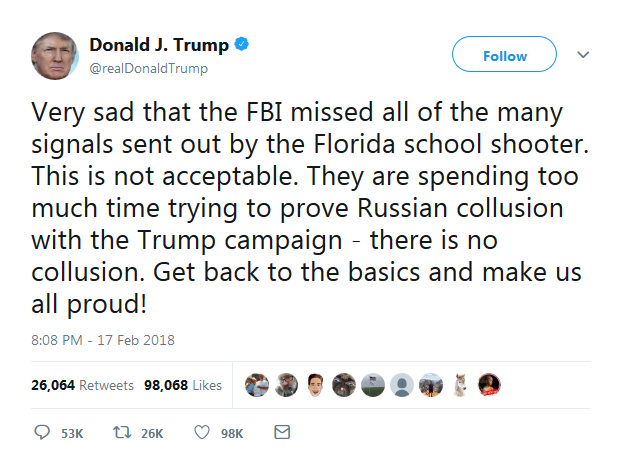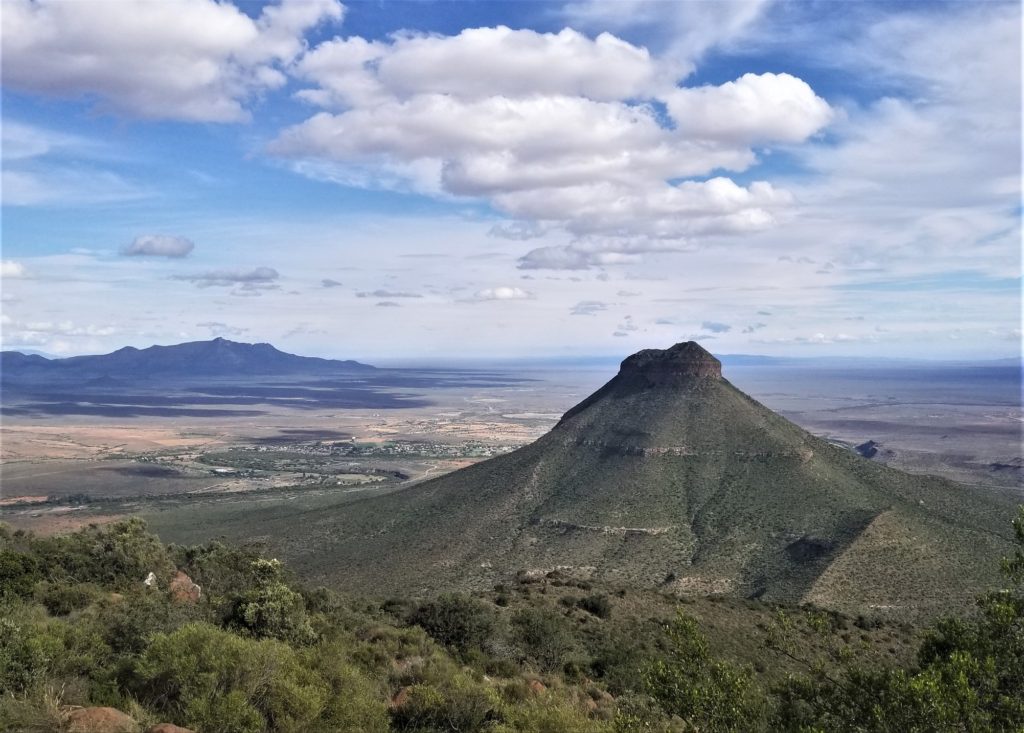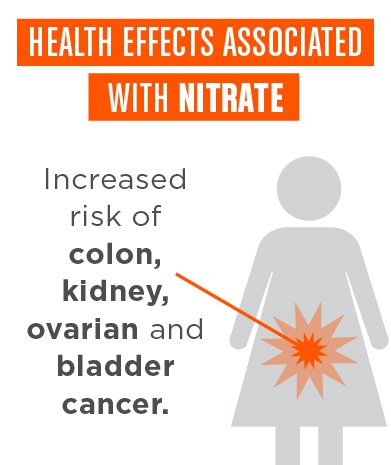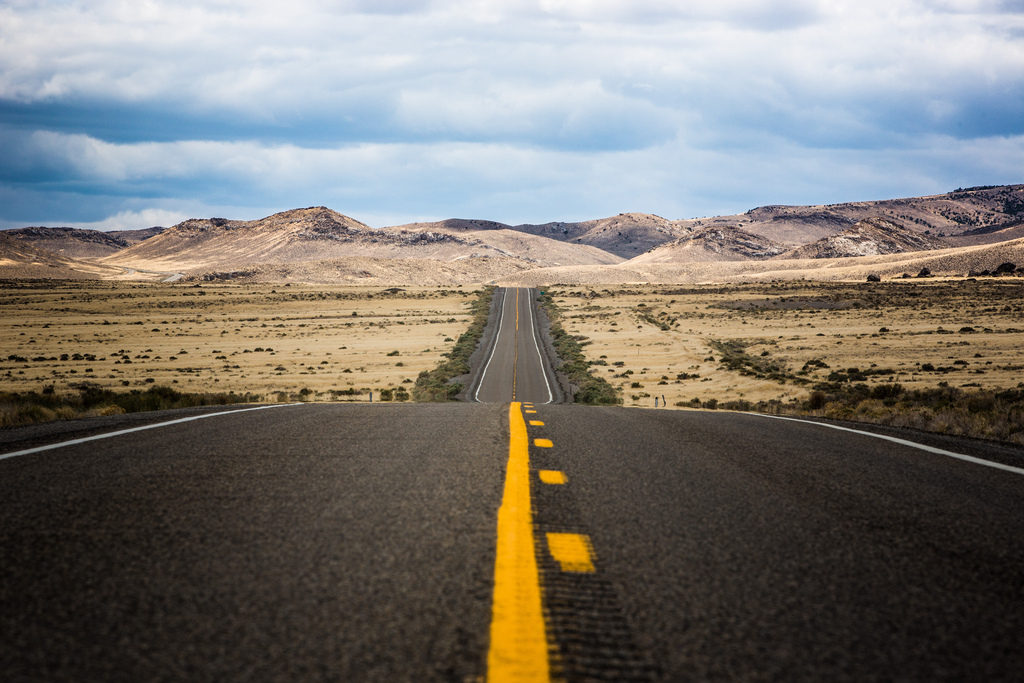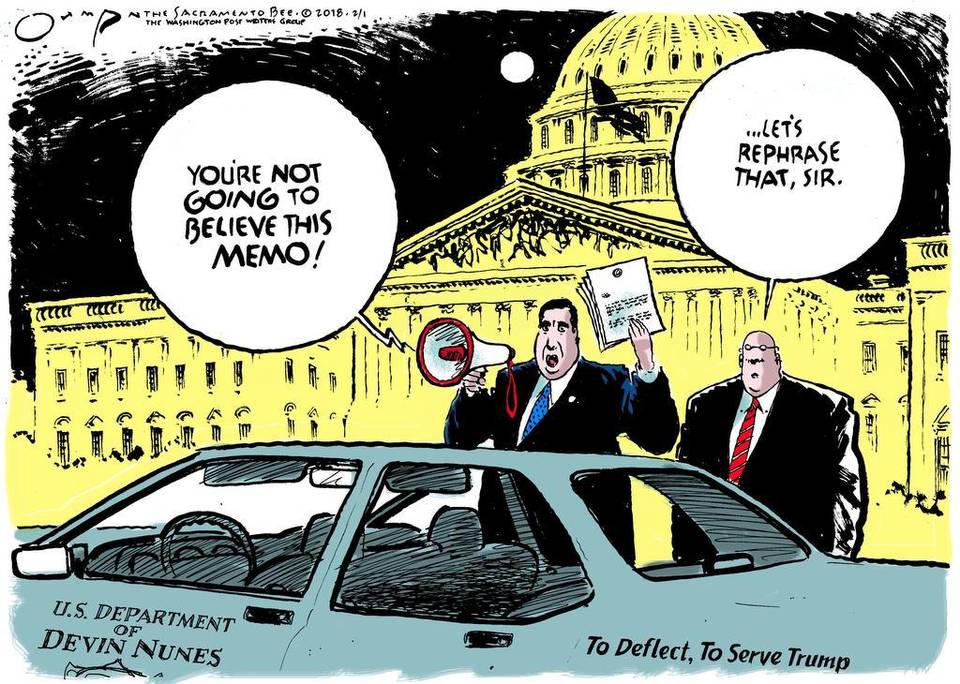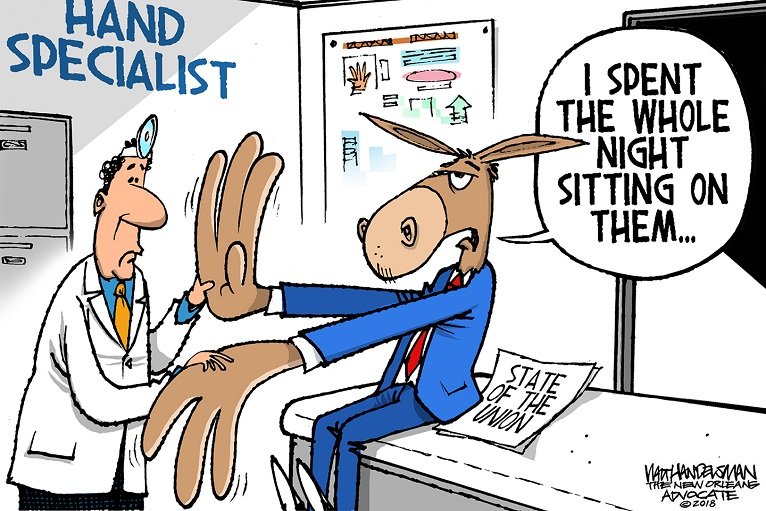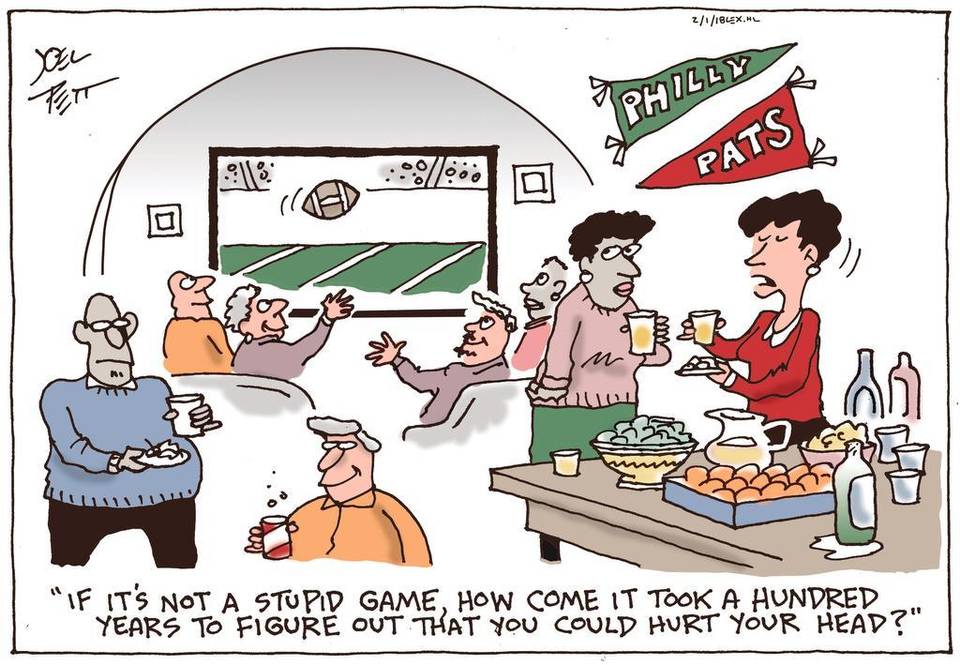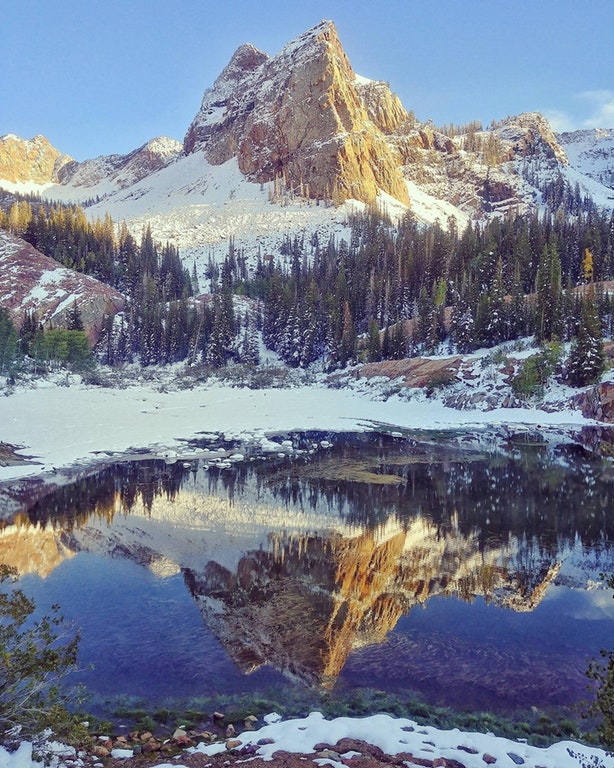The Daily Escape:
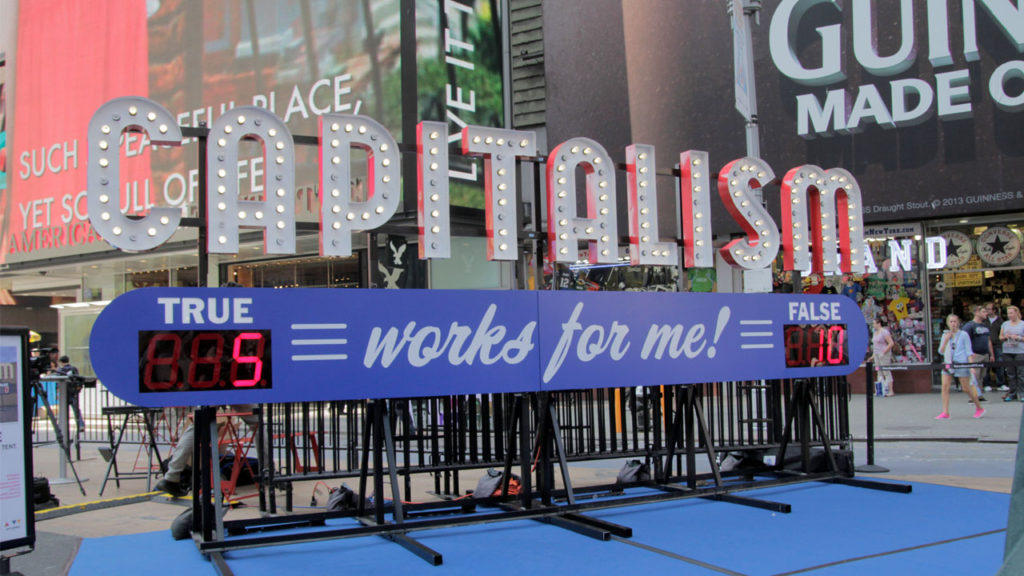
2011 Art piece by Steven Lambert
Does capitalism work for you? Well, you certainly work for capitalists. The real question is whether capitalism still provides economic security to all of us.
Steve Lambert, the artist who designed the sign, engaged with people across America over a three-year period about whether capitalism was still working. He learned that people were split about 50/50 on the premise:
People usually first react to the piece by falling back on the comfort of abstractions and repeating popular myths. For example, the true/false dilemma is much easier to resolve when the only alternatives to capitalism are presumed to be failed communist dictatorships. It’s also much easier to pretend that the only “true” definition of capitalism is the kind of free-market extreme idolized by thinkers like Ayn Rand and Friedrich Hayek
Or thinkers like Paul Ryan, Mitch McConnell and Donald Trump. Lambert learned that people generally agreed with the concept, assuming “you are willing to work hard, or work smarter”:
I’ve always found the formulation “work hard, work smart” disturbing. When you invert the expression, it implies: if capitalism doesn’t work for you (that is, if you’re poor, out of work or have a demeaning job), it’s your fault. To put it more bluntly, you are lazy and stupid.
If we ignore the fact that until recently, wages have stagnated for decades, and that what most people earn in a lifetime is insufficient to cover a modestly comfortable retirement, maybe you can say that capitalism is working.
We have been told that federal budget deficits impair our ability to grow the economy, or to put food on our individual tables. In fact the opposite is true. This idea makes us believe that our ability to earn a living requires some degree of suffering by other Americans.
As Claire Connelly says: (emphasis by Wrongo)
“We can’t afford it” has been the proverbial comforter of opponents of the welfare state harking back to the Clinton / Blair days….This argument has been used as an emotional crutch for people who don’t want to admit that they’re comfortable with homelessness and unemployment….If their bottom line is stable.
This lie sets us against each other, implying that the well-being of everyone else is a direct threat to our own. And who wins? The beneficiaries of the newly lowered taxes, corporate America and its management teams. More from Connelly:
Do we really want to live in a world….Where most people will be lucky to earn minimum wage, or wait for months to get paid. If at all. A world where we are not entitled either to a job, or an education, or affordable health care or a social safety net?
We are likely to see a $1.3 Trillion budget pass both houses of Congress this week. It is deficit spending run wild. Wrongo knows that both parties believe that deficits don’t matter, and to a great extent, he agrees.
But these deficits are larger than they had to be, due to the massive corporate and wealthy individual tax cuts the Republican House and Senate just passed. And it’s not only the size of the deficits, it’s the mis-allocation of funds by our neo-con overlords.
This is what capitalism has delivered for America: More than 45 million of us (14.5%) live in poverty. In 2016, another 49.5 million Americans were age 65 and older, and half of them (24.75 million) had yearly income of less than $23,394.
That adds up to about 70 million (22%) of Americans.
One idea that is gaining attention is a Jobs Guarantee program. The Center on Budget and Policy Priorities (CBPP) recently released a paper arguing for a national jobs guarantee through a national infrastructure bank. The CBPP plan envisions an infrastructure bank that would fund vital projects and ensure that jobs are well-paid. The government would use this job-creating ability to expand jobs in sectors where the market won’t currently invest, like a national high-speed internet network.
Government guarantees of employment aren’t radical. They aren’t communism, or socialism. We did it before with the New Deal. It reinforces traditional American values around work, and it builds the tax base by taxation on the jobs created. Here’s a final quote from Steve Lambert:
My favorite response to the sign was from a 17-year-old high school student in Boston. She said: “Capitalism can’t work for everyone. If it did, it wouldn’t be capitalism.”
This is where the conversation needs to go: We have to change an economic system that fails so many.



